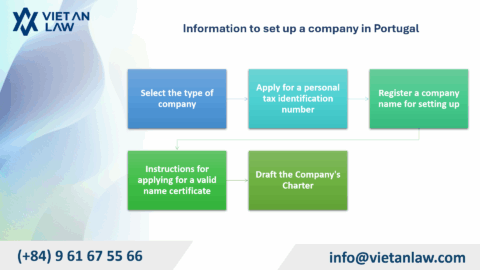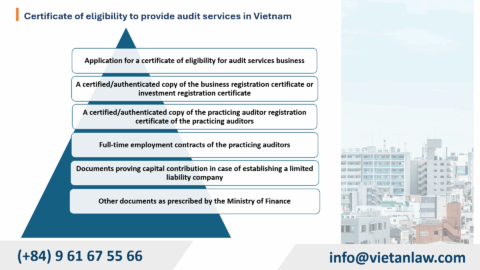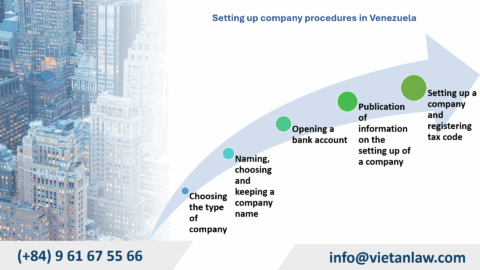In the field of investment, businesses often sign many different types of contracts such as capital contribution contracts, joint venture contracts, business cooperation contracts, share purchase and transfer contracts, and project transfer contracts. Each type of contract will have separate legal risks.

Capital Contribution Contracts are rarely used by investors when preparing to establish a business, because they already have a company charter. The use of a charter can fulfill the role of a capital contribution contract in some aspects, but in essence, the charter and the capital contribution contract have different roles. The charter, as a “constitution” of the enterprise, mainly regulates issues related to corporate governance and operations. Meanwhile, the capital contribution contract has more meaning in regulating the relationship between shareholders/founding members, the prerequisites for the establishment and operation of the enterprise, and the binding conditions between shareholders/founding members during the operation of the enterprise. If well combined, the charter can also stipulate the terms of a capital contribution contract. However, in reality, model charters according to current legal regulations or charters used by shareholders/founding members often do not have all the necessary provisions of a capital contribution contract. Therefore, capital contribution contracts are necessary, especially for business establishment projects with large capital scale or complex transactions.
Note: in case of capital contribution with the value of land use rights and assets on land, Vietnamese law requires signing a contract, the contract must be made according to the form prescribed by law and must be notarized. If the contract is not drafted according to the form, there may be certain risks when notarized such as high refusable ability. Investors should note that the form of capital contribution contract recording the value of land use rights and assets on land as prescribed by law is very simple and does not have complete details or agreement content. In necessary cases, the parties can consider adding additional terms to the model contract but should consult with lawyers and notaries to avoid cases where the contract is refused to be notarized for reasons such as fundamentally breaking the structure of the model contract.
The joint venture contract must be signed by authorized representatives of the joint venture parties on each page and fully signed at the end of the contract. The joint venture contract takes effect from the date of issuance of the Investment Registration Certificate, not from the date of signing the joint venture contract.
When drafting, negotiating, and signing joint venture contracts, investors and businesses often make the following mistakes:
The business cooperation contract must be signed by authorized representatives of the business cooperation parties on each page and fully signed at the end of the contract. The business cooperation contract between the Vietnamese party and the foreign party takes effect from the date of issuance of the Investment Registration Certificate, not from the date of signing the BCC contract.
When drafting and negotiating business cooperation contracts, businesses often make the mistake of rarely paying enough attention to the terms of the operating mechanism and management of cooperation activities, and the problem of handling assets upon termination of business cooperation contracts. The mechanism for operating and managing cooperative activities is often very important to create transparency and create a corridor for successful and effective cooperation. On the other hand, at the time of signing a contract, the parties often pay more attention to the start of a new cooperative activity, but pay less attention to the mechanism to thoroughly resolve the termination of cooperative activities. Many disputes occur during the cooperation process, and the lack of clear provisions on dispute resolution and termination mechanisms can lead to deadlock or damage to one party.
An important issue to note for businesses when participating in share/capital contribution purchase contract transactions is checking the legal due diligence) and financial due diligence of the business. Checking the legal and financial due diligence of the business is extremely necessary when buying shares, especially high-value transactions or buying shares/capital contributions to become a strategic shareholder or to control the target company. In fact, in many cases, before signing the contract, the buyer does not conduct a thorough inspection. Only after signing the contract and taking over management of the company does the buyer discover bad debts and other illegal transactions. At that time, the buyer will have to bear great risks because the shareholders /members transferring shares have withdrawn from the company.
Note that the project transfer contract needs to be registered with the Investment Certificate issuing agency for approval. Therefore, the parties should stipulate the time when the project transfer contract takes full effect depending on the time the competent authorities approve it.
In case the project transfer is associated with the transfer of land use rights and assets on land, the parties should additionally prepare a separate contract for the transfer of land use rights and assets on land along with the project transfer contract as a basis for performing notarization and calculating taxes, fees, and registration fees.
It is noted that foreign investors are not allowed to directly receive land use rights transfer under Vietnamese law. Therefore, the scope of the project transfer to foreign investors cannot include the transfer of land use rights. After the transfer is approved by the competent authority, the domestic enterprise must return the land to the state so that the state can lease it to a foreign-invested enterprise to continue implementing the project.
When negotiating investment transactions, practical experiences that professional lawyers have encountered and that investors and businesses should note are as follows:
Firstly, for transactions between domestic investors, investors are usually easy-going and unprofessional in drafting and signing contracts with simple content to quickly implement investment transactions. This will create opportunities for potential disputes to arise that lack a clear resolution mechanism later. Advice for businesses and investors is to pay more attention to the very detailed and specific provisions of the contract on operating and investment management mechanisms, as well as mechanisms to resolve problems arising in contracts. Businesses must be very persistent in the drafting and negotiating process, even if it may take longer than expected to successfully sign the transaction, but it creates very favorable conditions for the contract implementation process. Foreign investors rarely sign an important investment contract with sketchy content of about 10 pages like domestic businesses often use;
Secondly, businesses should pay attention to the different characteristics of investors of different nationalities to plan the most appropriate contract negotiation strategy and to achieve the best results for themselves. For example:
Thirdly, when drafting and negotiating contracts, businesses should pay attention to maintaining a professional and accurate working and negotiating style, and keep the habit of using advice from the legal department or lawyer to ensure safety in transactions. Foreign partners often implement and comply with these two factors very well.
The article related to some common errors in investment contracts in Vietnam. If you need advice on contract drafting, please contact Viet An Law for the best support.




